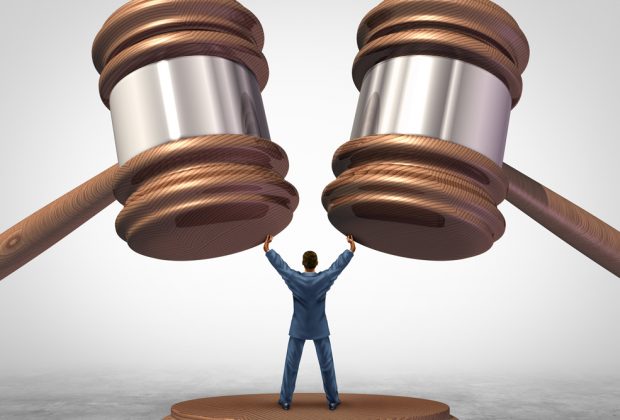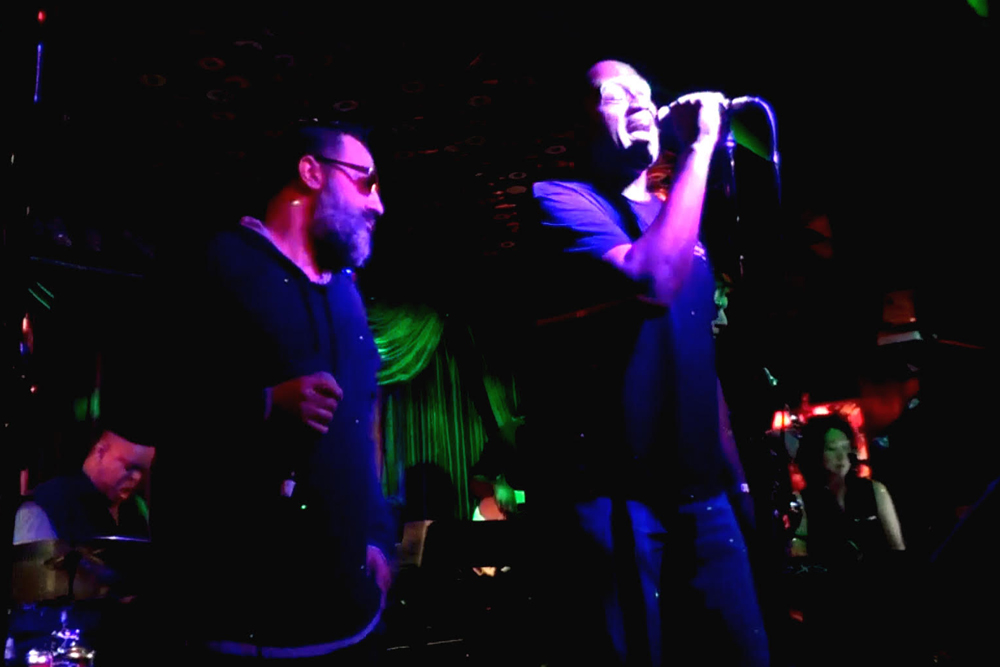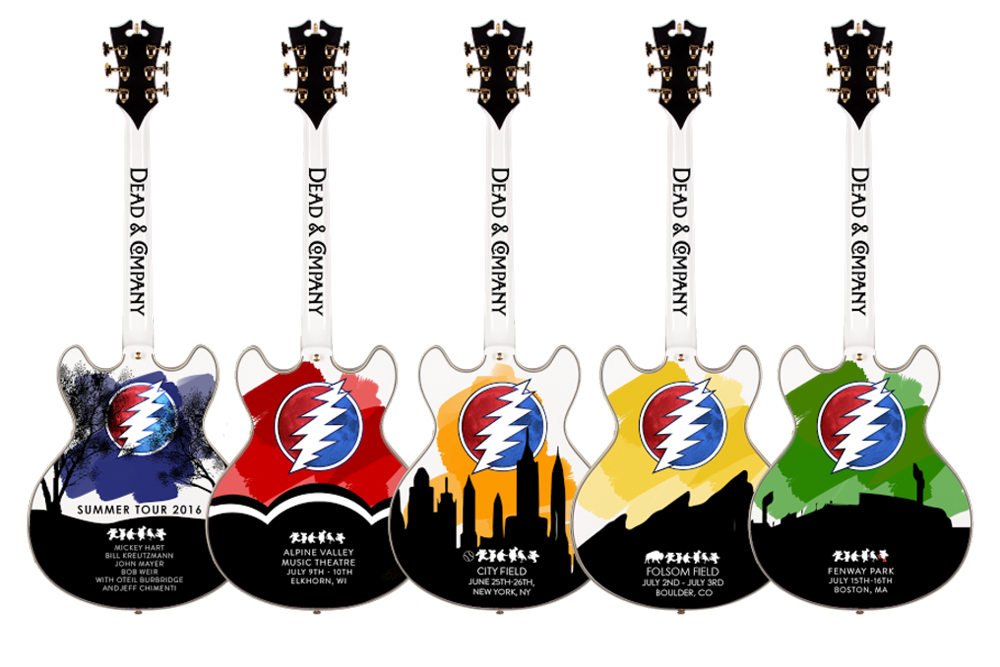What is Alternative Dispute Resolution? ADR is a method of resolving disputes by the informal process of mediation and/or arbitration rather than litigation in court. Often it can be faster and less expensive to have your dispute decided by ADR rather than a lawsuit. To learn much more about it, read on as this experienced music attorney offers music industry advice and lays it all out for you:
1. What’s the difference between mediation and arbitration?
Mediation is a nonbinding settlement conference before a retired judge or experienced attorney. If the parties have agreed to mediate they can choose a mediator. The mediation will be scheduled and the parties and their attorneys attend. But the mediator cannot compel either side to settle.
Binding arbitration is like an informal trial where the rules of evidence are relaxed. It usually takes place in a conference room with a retired judge who issues an award.
2. What types of disputes can be resolved by ADR?
Basically any type of music industry dispute can be resolved by ADR if the parties agree to it. Sometimes contracts provide for binding ADR to resolve any disputes. However, even if your contract does not provide for it, the parties can always agree (stipulate) to binding arbitration at any time, even after a lawsuit is filed.
Typical music industry disputes that are arbitrated are claims for breach of contract, fraud or copyright infringement. For instance, an artist might sue for breach of a recording, publishing or management agreement. In these instances, if litigation is instituted it can be costly and expensive—and even if you win, the losing side can appeal. But with a binding arbitration there is no appeal except in very limited circumstances.
Before even going to a binding arbitration it is sometimes advisable to try to schedule a mediation if both parties seem interested in a settlement.
3. ADR Contractual Provisions
When negotiating your music industry contracts you can try and include a binding arbitration provision so that any dispute will not end up in court. These provisions can have many variations (including some that provide for mediation before arbitration). But they often say something like this:
“All disputes arising under this agreement shall be resolved by binding arbitration before one arbitrator in Los Angeles, CA. The Award of the arbitrator shall be final and can be enforced in any court in LA County. The prevailing party shall be entitled to recover his or her reasonable attorney’s fees.”
Recovering your attorneys fees from the other side sounds like a good idea, unless you are the losing party and have to pay the other side’s attorneys fees!
A contractual provision for binding arbitration can also specify who will arbitrate the dispute. There are private arbitration companies (JAMS and ARC, for instance) that provide retired judges to arbitrate and mediate disputes as well as conference rooms to conduct proceedings.
4. Initiating Arbitration
Let’s assume you have a dispute and the contract provides for binding arbitration. But what if the other side refuses to cooperate? You can petition the court to compel arbitration. If the other side does not show up for the hearing, it can proceed without them.
Assume you have a binding arbitration provision in your contract but the other side files a lawsuit against you? You can petition the court to stay (stop) the litigation and let the arbitration proceed. The judgment entered is just as valid as if you had a trial in court and obtained a judgment.
5. Choosing the Arbitrator
If the parties agree to arbitrate, the first step is to agree on an arbitrator (or a panel of arbitrators). This can be crucial. You must research the arbitrators to try and determine how sympathetic they may be to your case. You will be given a list of potential arbitrators along with their resumes. The parties can agree on one of them; or if they can’t, the arbitration company you are using will have a procedure for choosing one.
6. Discovery
The method by which the parties obtain evidence from the other side is called discovery. For instance, you can ask questions (interrogatories) that the other side has to answer under oath or take depositions of the parties and witnesses. Usually in arbitration, discovery is much more limited than in litigation, which can offer a cost savings. The parties can agree on if and how to limit discovery.
7. Arbitration Hearing
The hearing can last one or more days depending on the complexity of the issues and the number of witnesses. The hearing will proceed like an informal trial. The parties will make opening statements, call witnesses and make closing statements. Sometimes the parties file pre- and/or post-hearing arbitration briefs.
8. The Award
After the arbitration hearing, the arbitrator will issue a written award, often within 30 days. The parties can agree on a “reasoned award,” meaning rather than just stating who wins, the arbitrator will discuss the issues and evidence and the reasoning behind the award.
9. Post Award Proceedings
After the award is issued the winning party may enforce it by filing a petition (within four years in California) asking the court to enter a judgment based on the award. These petitions are routinely granted. However, there are very limited grounds to vacate an arbitration award, such as an arbitrator’s failure to disclose a conflict of interest.
Disclaimer: This article is not intended to be specific legal advice for any particular case. You should retain an experienced music litigation attorney to advise you about the best method to resolve your dispute.
GLENN T. LITWAK is a veteran music and entertainment attorney based in Santa Monica, CA. He has represented platinum selling recording artists, successful music producers and hit songwriters as well as management and production companies, music publishers and independent record labels. Litwak is also a frequent speaker at music industry conferences around the country such as South by Southwest and the Billboard Music in Film and TV Conference. Check out his website at glennlitwak.com.














